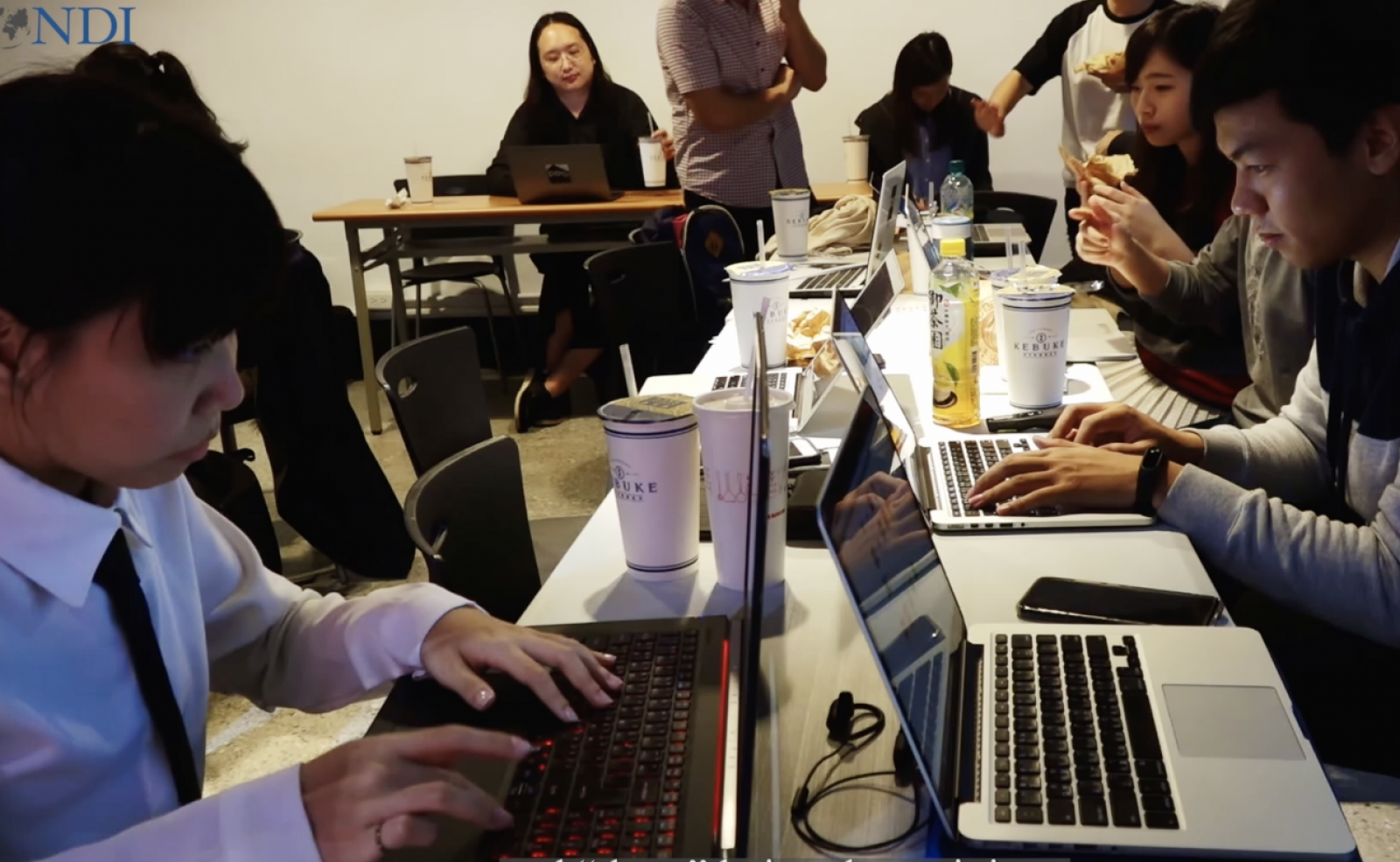
Around the world, disinformation in politics, particularly elections, represents a critical threat to democracy. It spreads cynicism, distorts political processes and interferes with citizens’ ability to make sound political decisions. Authoritarian aggressors employ digital tools seeking to pollute political discourse, shape electoral and policy outcomes, and undermine democratic institutions. The confluence of big data, artificial intelligence, computational propaganda, and political bots is making mass manipulation of public opinion, especially on social media, more effective and insidious. In the era of digital politics, there is a blurring of the lines between domestic and foreign actors, “organic” and “inorganic” digital political conversations, traditional and new media, news and entertainment, and “earned media” and advertising.
In Taiwan, democracy and the internet have evolved in tandem. In 2014, during a peaceful protest known as the Sunflower Movement, civil society used technology to press for more open and transparent governance in Taiwan. Since then, digital activists have worked with the government to help better inform their decision making, connect with citizens, and tackle serious social challenges, such as disinformation. In the leadup to Taiwan’s presidential and legislative elections on January 11, 2020, leaders across sectors braced for an intensified assault and worked to protect the information space. NDI traveled to Taiwan ahead of the elections to learn how the government, civic tech community and citizens worked together to prevent unwanted foreign influence on the election; this is their story.